Advertisement
Advice about what to limit and why
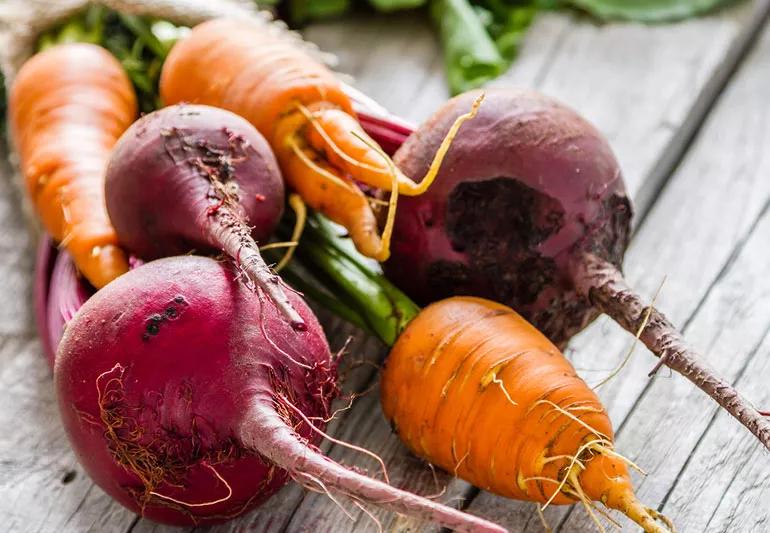
People with thyroid conditions can’t manage their condition through diet. But, eating the wrong foods or taking the wrong supplements can cause trouble.
Advertisement
Cleveland Clinic is a non-profit academic medical center. Advertising on our site helps support our mission. We do not endorse non-Cleveland Clinic products or services. Policy
Among the foods to go easy on are soy, kelp and dietary supplements like iodine and selenium, says endocrinologist Christian Nasr, MD. “There is a lot of literature on what people shouldn’t do,” he says.
Soy: If you have hypothyroidism, yes. Eating too much soy causes problems only for those with hypothyroidism, which occurs when your thyroid gland does not make enough thyroid hormones, Dr. Nasr says.
The main problem is that soy may hinder absorption of the hormones that such patients take.
“Some studies show that if you eat a lot of soy, or drink a big glass of soy milk, within one hour of taking a thyroid hormone, it might affect absorption,” Dr. Nasr says. “Many individuals depend on a consistent absorption of those hormones to achieve a steady state.”
Generally, experts recommend that people who have a borderline thyroid — one that’s a little underactive but you’re still trying to preserve thyroid function — do not to consume large amounts of soy every day, he adds.
Turnips and root vegetables: No. These vegetables are sometimes thought to cause thyroid problems, but that’s not the case, Dr. Nasr says. They are good for your diet, regardless of any thyroid issues.
Advertisement
One root vegetable that is the exception is cassava, a common staple in certain parts of Africa. This plant “is known to produce toxins that can slow an already underactive thyroid, especially in the presence of an iodine deficiency,” Dr. Nasr says. “But that’s not relevant here in the United States, unless you cook cassava and you eat it every day.”
Kelp: No, but don’t take it in supplement form. People with thyroid issues should not have more than an average daily recommended intake of 158 to 175 micrograms of kelp per day, Dr. Nasr says. The concentration of kelp in foods is generally not enough to cause a problem, but a kelp capsule can contain as much as 500 micrograms, he says. “Those recommendations to go easy on kelp are for people who don’t understand and take three capsules per day. If you eat an average amount of kelp once a day, that’s not a problem.” Pregnant women especially should avoid ingesting large amounts of kelp, as it may put them at risk for developing fetal goiter, he adds.
Cabbage and cruciferous veggies: Yes. Even though they are good for us, cabbage and other cruciferous vegetables eaten raw in large quantities, especially in the context of iodine deficiency or borderline iodine levels, can result in hypothyroidism. These vegetables generate a substance that competes with the uptake of iodine by the thyroid.
Iodine: Yes. Avoid it as a supplement whether you have hyperthyroidism or hypothyroidism. The effect of iodine supplements can vary by person, causing the thyroid to produce either too much or too little hormone.
Certain alternative medicine websites or doctors tell patients that iodine is good for your thyroid, Dr. Nasr says, but “if there is anybody who shouldn’t take iodine, it is thyroid patients.” Such claims are made because iodine deficiency is the No. 1 cause of thyroid conditions in the world, he says. But that’s not true in the U.S., where we have iodine in our diets. Iodine is added to many foods, and not just salt, he says.
However, Dr. Nasr says that people on restrictive diets may consider adding a daily multivitamin that contains the recommended daily allowance of iodine.
He also assures patients not to worry that you are getting too much iodine from everyday foods. “You would have to eat a ton of it to cause problems,” he says. “It’s not, ‘don’t eat anything with iodine.’ It’s, ‘don’t eat a bunch of iodine.’ And patients should be careful with iodine-concentrated supplements.”
Selenium: No, but don’t take more than 200 micrograms per day. Selenium, which is needed to support efficient thyroid function, is not something you would typically find at the grocery store, but an alternative medicine doctor might prescribe it, Dr. Nasr says. You can also get it in foods like fish, Brazil nuts, meat and poultry. A selenium supplement is OK to use “as long as you’re not overdoing it,” he says.
Advertisement
Learn more about our editorial process.
Advertisement

PFAS chemicals may make life easier — but they aren’t always so easy on the human body

If you’re taking supplements, it’s important to understand which vitamins and minerals you can get too much of, like vitamin C and calcium
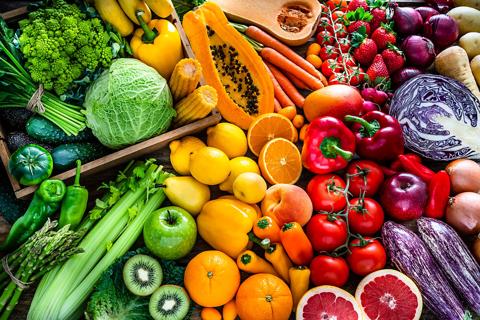
Found in colorful foods like spinach, corn and oranges, this carotenoid helps with eye, skin and liver health
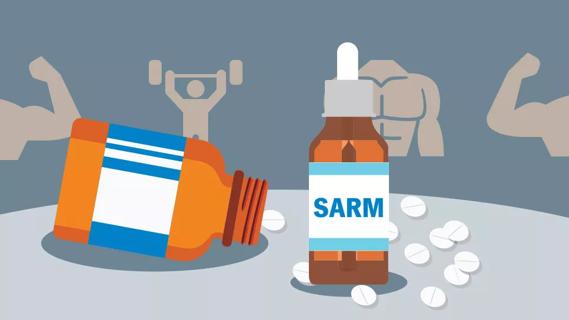
If you think SARMs are a safe way to build muscle — think again
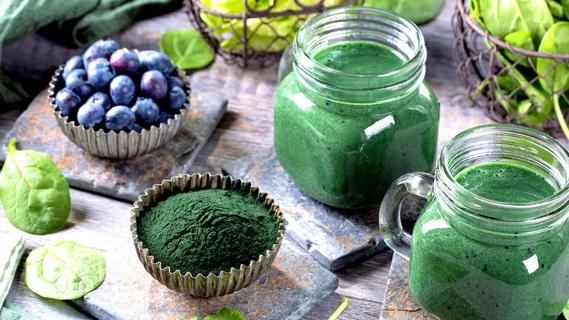
The supplement shouldn’t replace a healthy diet, but it can help you get in your fruits and veggies
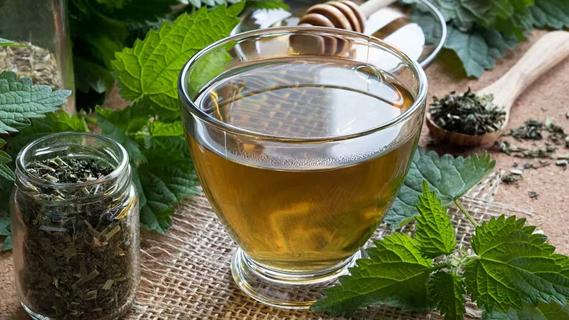
Breastfeeding supplements can be a needless expense at best, and risky at worst
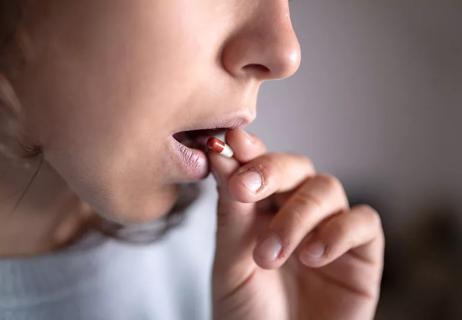
It’s labeled as a supplement, but tianeptine is an addictive, dangerous drug
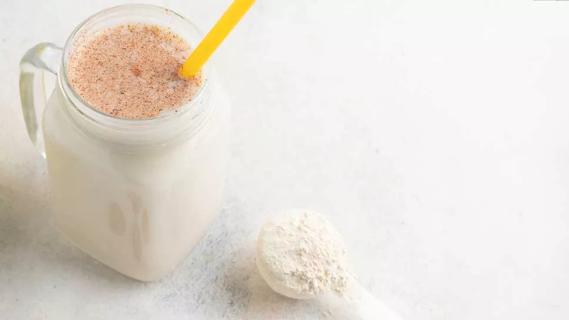
This edible insect powder can be a good source of protein, fiber and other nutrients

Your metabolism may torch 1,300 to 2,000 calories daily with no activity

A gentle touch in all the right places may help drain your sinuses